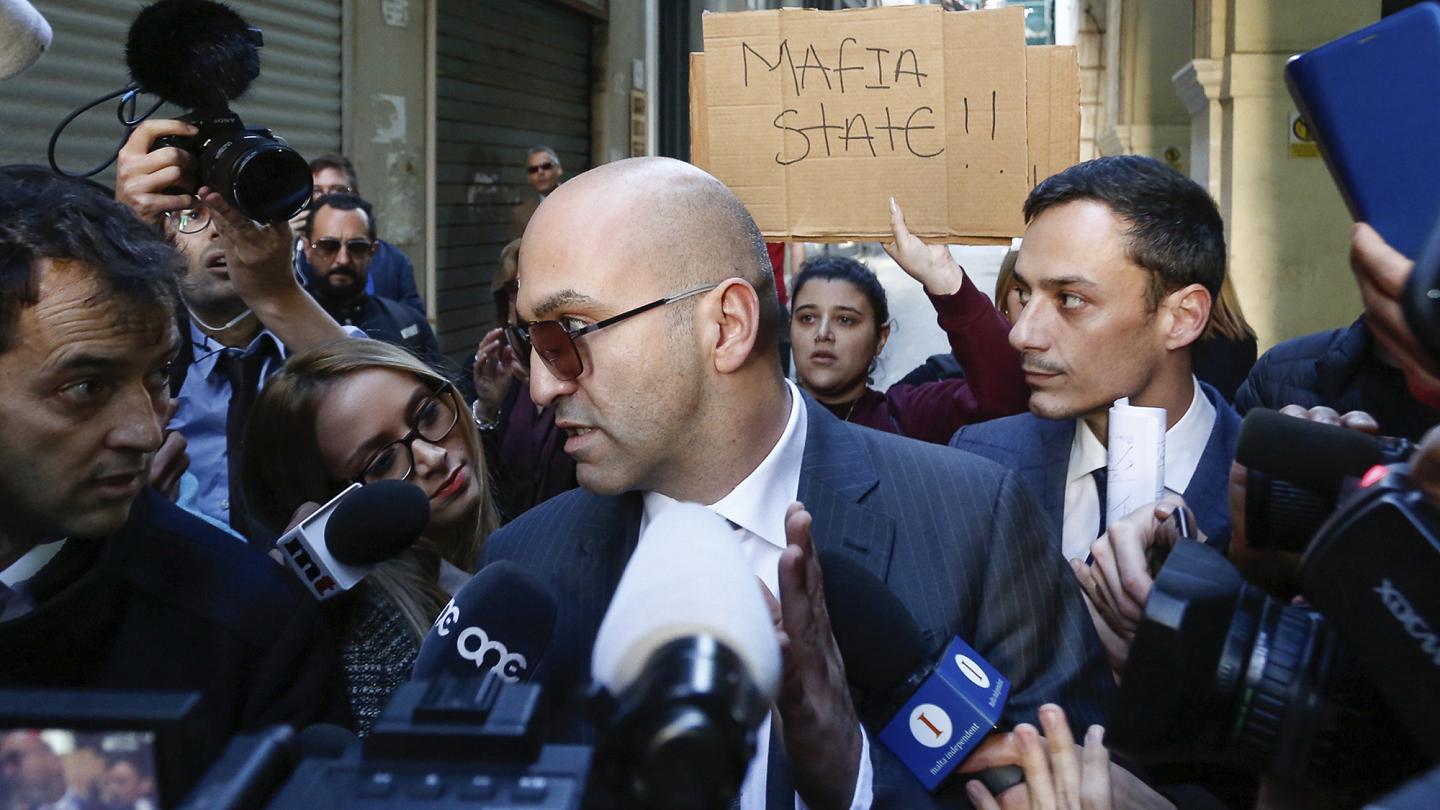Malta Casino Tycoon Accused of Murder Won’t be Tried Based on First Police Interview
Posted on: December 13, 2022, 07:30h.
Last updated on: December 13, 2022, 01:20h.
Yorgen Fenech, the Maltese casino magnate accused of masterminding the 2017 assassination of journalist Daphne Caruana Galizia, has made a small gain ahead of his trial.

A judge in the Maltese capital of Valetta ruled that the first statement Fenech made to police after his arrest three years ago should be struck from the record.
Fenech was detained in November 2019 by Maltese armed forces while trying to flee the island on his yacht. He immediately offered to spill the beans on corrupt government deals in the hope he might obtain a presidential pardon. None was forthcoming.
This statement cannot be used as evidence in Fenech’s forthcoming trial because it was presented under false pretenses. Under Malta’s criminal code, confessions must be made voluntarily and not extorted by any promise or suggestion of favor.
‘One-Woman Wikileaks’
Fenech was CEO of the Tumas Group, which is one of Malta’s biggest employers. Subsidiary Tumas Gaming owns the Qawra Oracle Casino and the Portomaso Casino in Malta, as well as the portomasolive.com online gaming website.
He’s been in custody since 2019, having been repeatedly refused bail. Prosecutors argue that the businessman’s vast wealth makes him a flight risk. They note he was attempting to escape to the United Arab Emirates when he was intercepted.
Caruana Galizia was killed on Oct. 16, 2017, by a car bomb that had been placed under her leased Peugeot 108.
The incident made international headlines. Known as a “one-woman Wikileaks” Galizia’s reporting focused on government corruption, money laundering, and links between Malta’s online gambling industry and organized crime.
17 Black
Prosecutors believe Fenech ordered the hit to stop Galiza from exposing an allegedly corrupt energy contract awarded to his company by Malta’s government.
Fenech controlled a Dubai-registered company named 17 Black, which planned to make a $2 million payment to secret, offshore shell companies owned by two high-level politicians, Keith Schembri and Konrad Mizzi.
Galizia was looking into 17 Black at the time of her death and was reportedly unaware of who was behind it.
Prosecutors claim Fenech paid three men, brothers George and Alfred Degiorgio, and their associate, Vince Muscat, to carry out the attack via a middleman, Melvin Theuma. The first three men have been convicted of murder.
Theuma received a presidential pardon for spilling the beans about the murder and for identifying Fenech as its “mastermind.”
The scandal ultimately toppled the Maltese government. Prime Minister Joseph Muscat resigned in January 2020 amid widespread protests against corruption.
Fenech denies involvement in the killing.
Related News Articles
Las Vegas Judge Orders Mental Eval for Alleged MGM Solar Plant Terrorist
Most Popular
NoMad Hotel to Check Out of Park MGM on Las Vegas Strip
Casinos That Were Never Casinos
Most Commented
-
End of the Line for Las Vegas Monorail
— April 5, 2024 — 90 Comments -
Mega Millions Reportedly Mulling Substantial Ticket Price Increase
— April 16, 2024 — 9 Comments -
Sinclair Broadcast Group Selling 7.91 Million Bally’s Shares
— April 12, 2024 — 5 Comments
















No comments yet